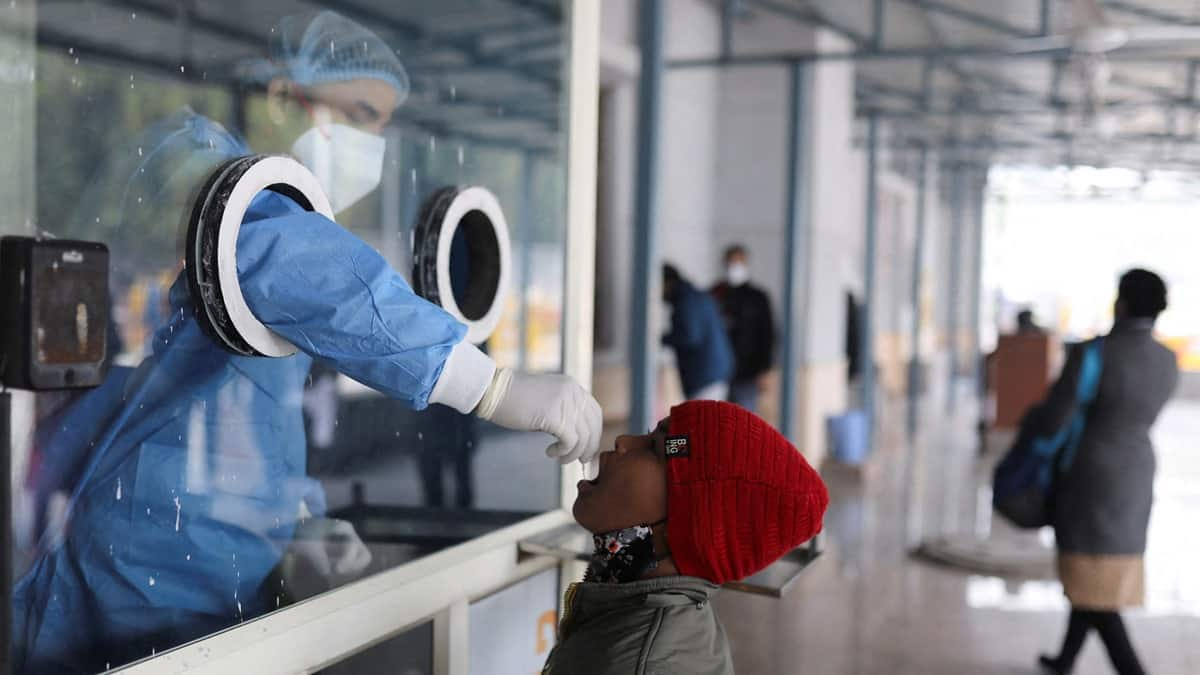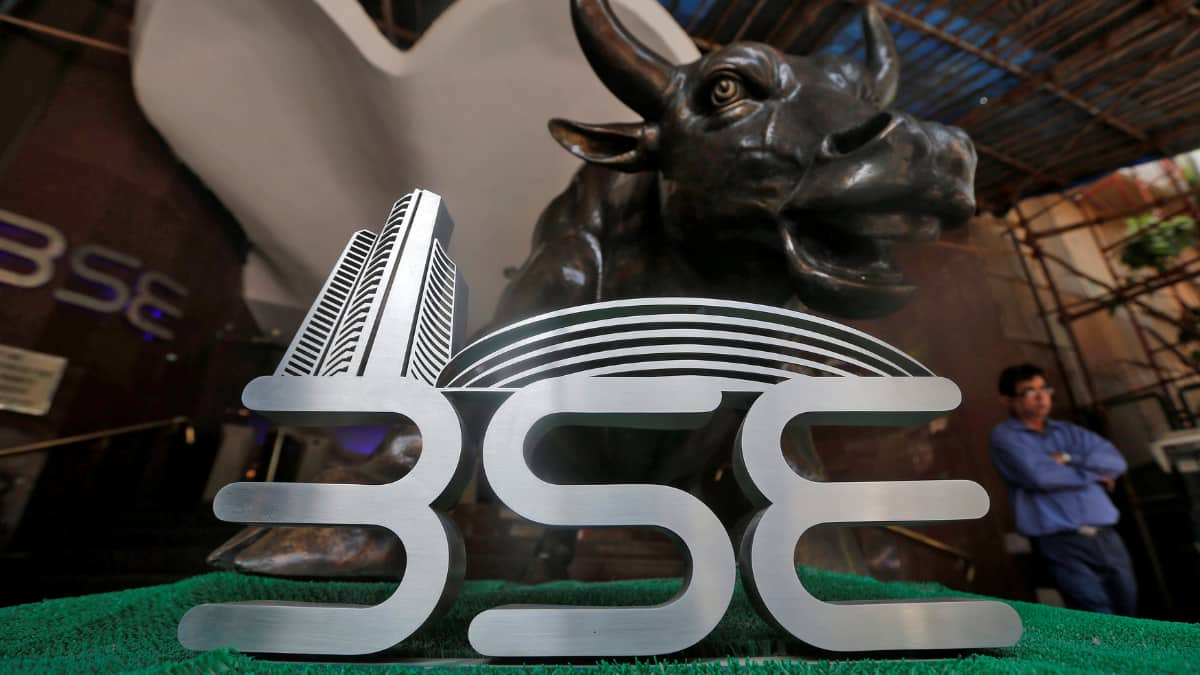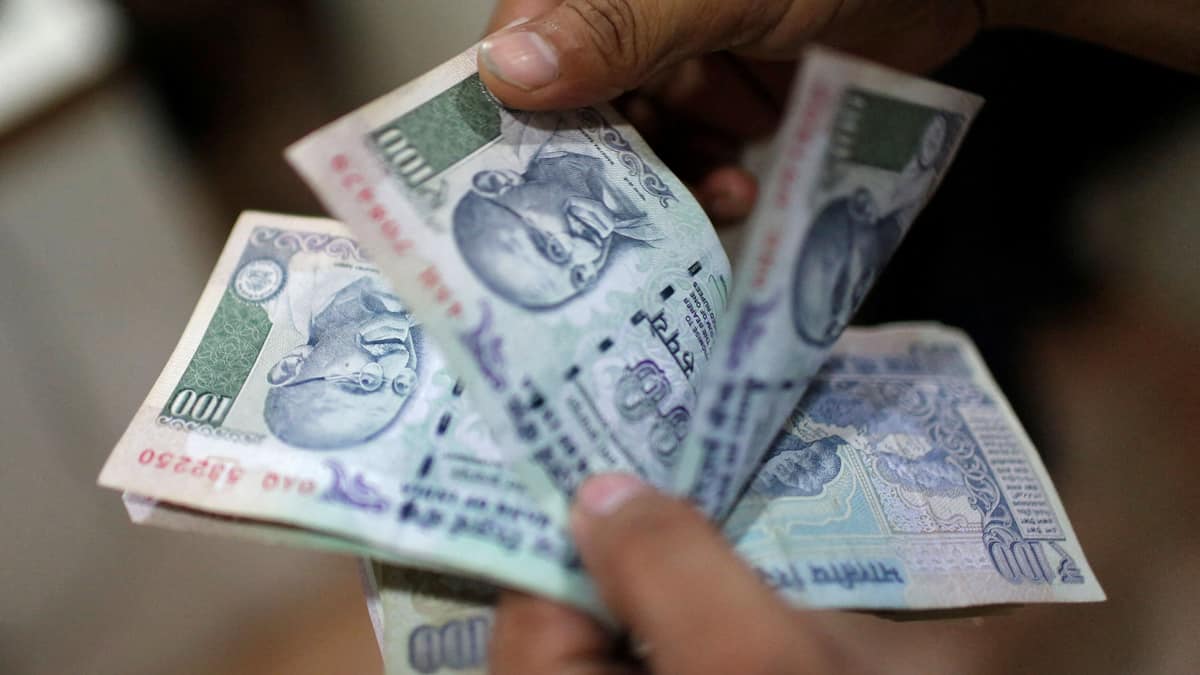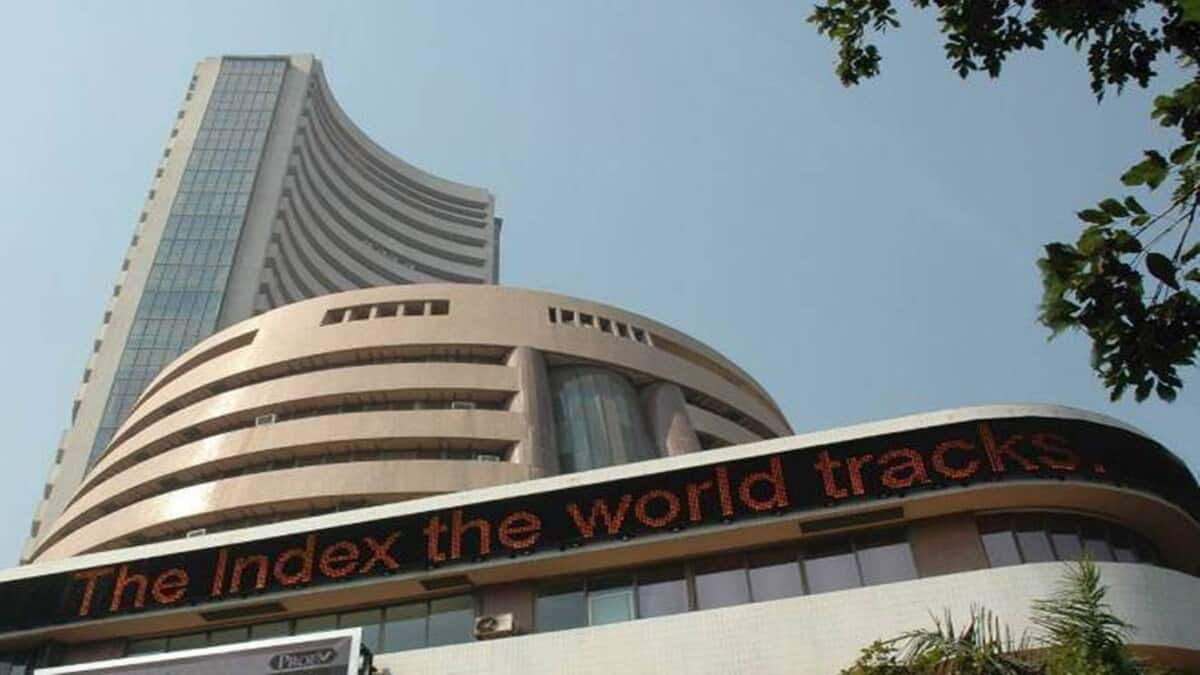JN.1 COVID-19 variant in India: As covid cases are rising again, do you need to get more vaccine shots?

JN.1 COVID-19 variant in India: India is currently witnessing a surge in COVID-19 cases. According to doctors and health experts, with the rise in cases, the question of additional vaccine shots looms large.
“With emerging variants and breakthrough infections, the efficacy of initial vaccination may diminish over time. Health experts emphasize the importance of booster shots to bolster immunity and provide enhanced protection against the virus. Ongoing research suggests that booster doses can significantly strengthen the body’s defense mechanisms, especially in the face of new variants,” Dr. Neha Rastogi Panda, Consultant – Infectious Diseases, Fortis Memorial Research Institute, Gurugram told Financial Express.com.
Do you need to take a booster dose?
Public health officials and medical professionals advocate for proactive measures, including booster shots, to curb the resurgence of the virus and prevent severe illness, Dr. Panda emphasised.
“In the collective effort to achieve widespread immunity and mitigate the impact of the pandemic, individuals are encouraged to stay informed about vaccine recommendations and, when eligible, consider receiving booster doses. The evolving nature of the pandemic underscores the need for adaptability and ongoing vaccination efforts to safeguard public health,” she added.
‘No recommendation to revaccinate’
Dr Tushar Tayal, Lead Consultant, Department of Internal Medicine, CK Birla Hospital, Gurugram told Financial Express.com that the government has followed a rigorous vaccination protocol owing to which we have herd immunity and inspite of newer strains of the COVID virus emerging every now and then, there has been no new pandemic.
“A new strain of Covid virus labelled as JN.1 has been discovered in India recently. This is a descendant of the omicron variant and hence possesses faster transmissibility and infectivity . It is believed that the existing vaccination will protect us against the new viral strains also and all individuals should have received at lease 2 doses of the Covid vaccine. health care workers, frontline workers and elderly above the age of 60 years should receive 3 doses of the vaccine,” Dr. Tayal said.
If individuals have completed the above schedule, there is no recommendation for revaccination at present, he added.
Moreover, India SARS-CoV-2 Genomics Consortium (INSACOG) chief Dr NK Arora has confirmed that no additional dose of vaccine is needed for the new variant.
“I would say prevention is required for all those who are 60 years of age or older, who are likely to have comorbidities, and those who are on drugs that suppress our immunity, like cancer patients. If they have not taken precautions so far, then they are advised to take precautions; otherwise, there is no need for any additional doses,” NK Arora said as quoted by news agency ANI.
400 subvariants of the Omicron identified
The INSACOG chief asserted that they have identified over 400 subvariants of the Omicron variant of COVID-19. However, none of the sub-variants is associated with more severe disease.
“Every week you hear something new coming up in different parts and then it spreads all over India. We have identified a large number of subvariants, over 400 subvariants, or mutations of this virus, and fortunately, none of these Omicron variants have really been associated with more severe disease or hospitalization,” he said as quoted by ANI.
He also emphasised that there is no evidence as of now that the virus is spreading rapidly.



Leave a Comment